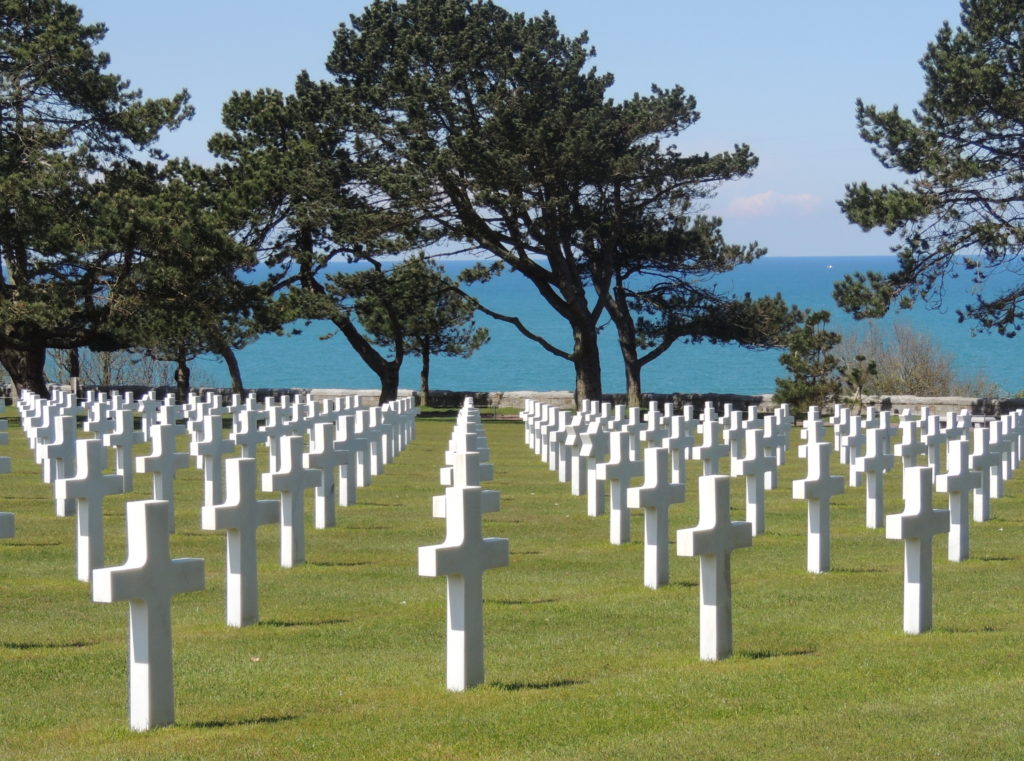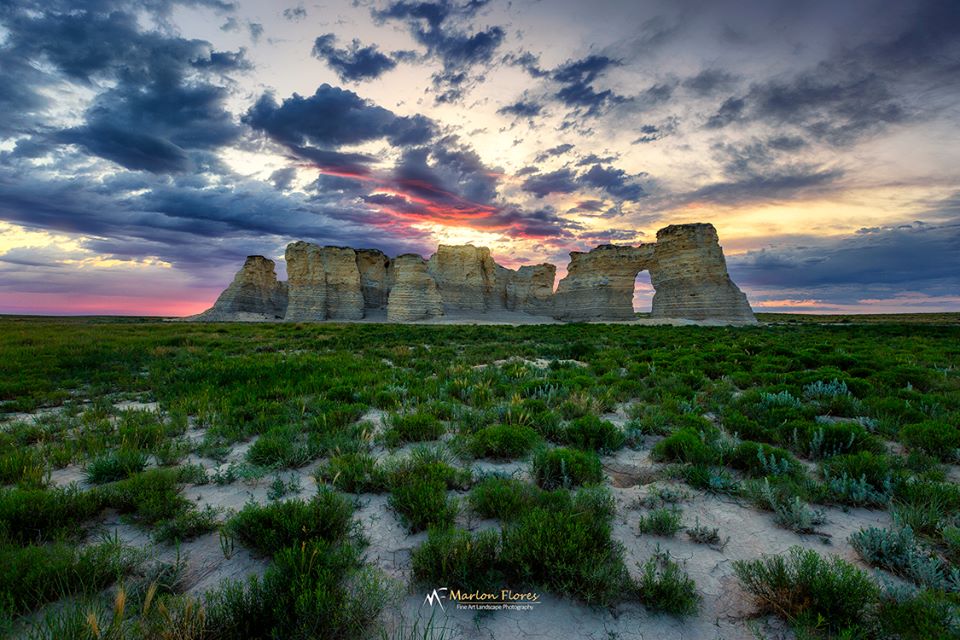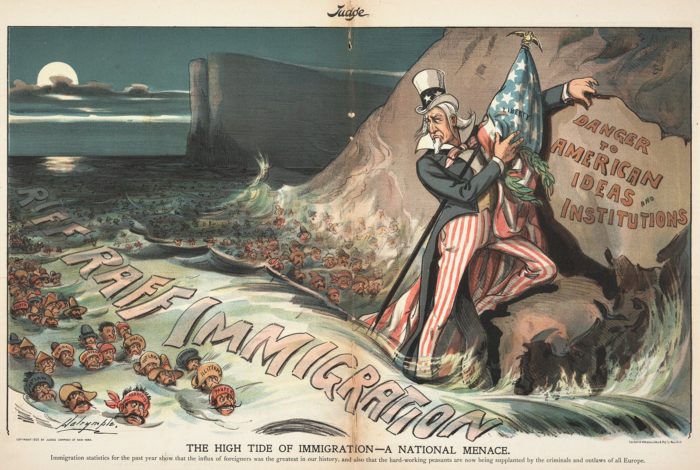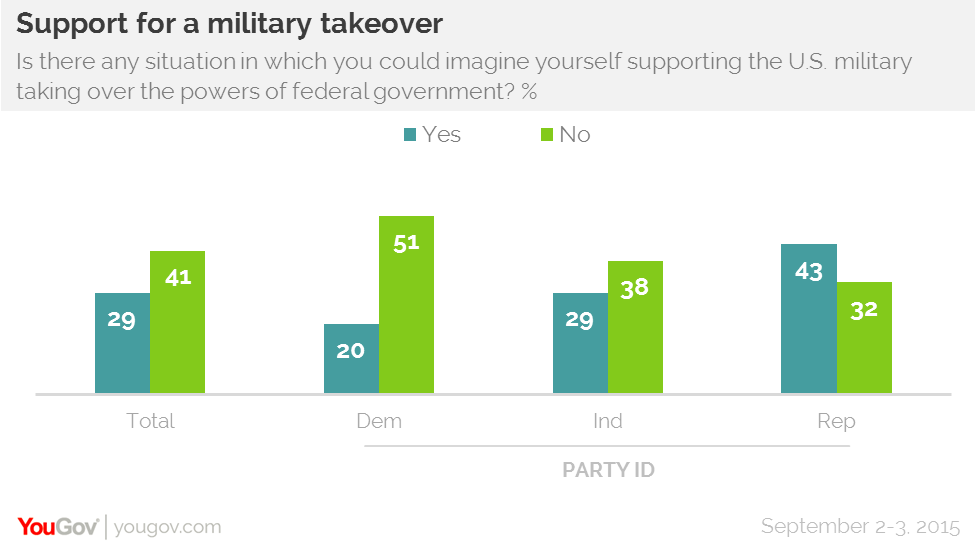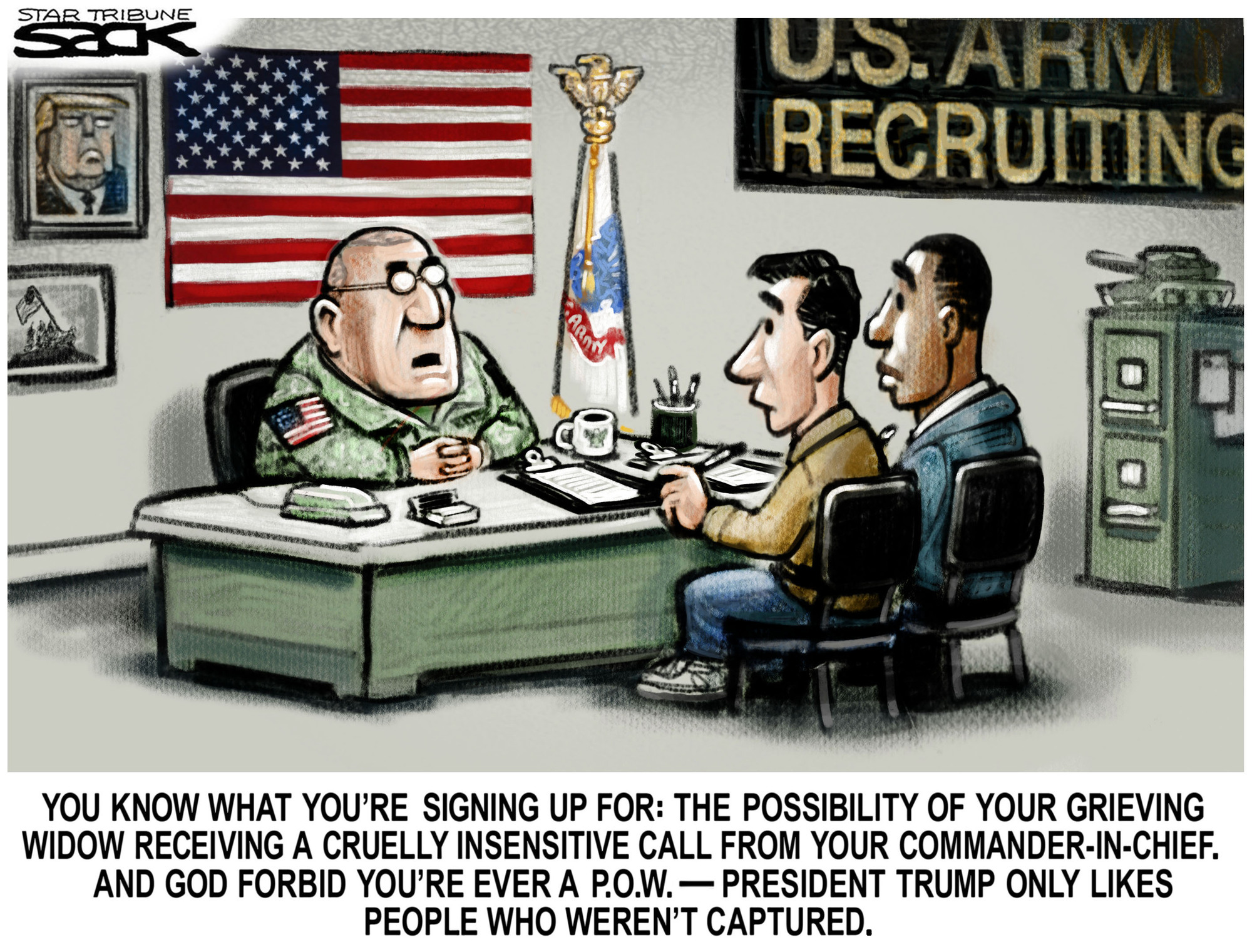The Daily Escape:

Georgian Sheep returning for the winter from the high mountains. Mixed among the sheep are Georgian Shepherd dogs who are the same size and color, who protect the flocks from wolves – photo by Amos Chapple
Donald Trump is in China for a two-day visit, and North Korea (NK) is certainly on the agenda. While in Seoul, Trump urged “responsible nations” to unite and stop supporting NK:
You cannot support, you cannot supply, you cannot accept…every nation, including China and Russia [must] fully implement recent UN Security Council resolutions on North Korea.
Trump praised China for taking some steps against NK, but urged them to do more, as administration officials believe the border between China and NK still remains a trade corridor. From Trump:
I want to just say that President Xi — where we will be tomorrow, China — has been very helpful. We’ll find out how helpful soon…But he really has been very, very helpful. So China is out trying very hard to solve the problem with North Korea.
What Trump and his administration need to figure out is a new strategy for NK. It is doubtful that China would cut off NK, because it fears that if the Kim regime collapses, millions of NK refugees will stream across the border into China.
Mike Chinoy, an expert on East Asia policy at the US-China Institute of the University of Southern California thinks that the US has dug a hole with China that is very hard to climb out of:
Trump has mortgaged the whole US-China relationship to get the Chinese on board with the North Korea plan…He is now coming at it from a position of weakness.
Here is another idea. William S. Lind suggests that if we look at the big picture, it is obvious that NK might become a greater threat to China than it is to us:
North Korea is unlikely to launch a nuclear attack on the United States. However, if North Korea retains its nuclear weapons, it is likely to lead South Korea, Japan, and possibly Taiwan, Australia and Vietnam to go nuclear themselves. From the Chinese perspective, that would be a strategic catastrophe.
He makes the point that China has never sought world domination, in fact, it wants to maintain strategic distance from its neighbors. However, maintaining that distance requires a buffer zone around China, which historically China has sought, and is seeking now in the South China Sea.
Lind suggests that if the states on China’s periphery had nuclear weapons, China would be unable to keep a buffer zone of weak neighbors that it can dominate. Even Vietnam could stop China cold if they had nukes. The states bordering China, instead of serving as a buffer, could become existential threats sitting right on her frontier.
Lind’s idea is that Trump should make the case about the need to restrain North Korea’s nuclear program, but instead of threatening with trade or sanctions if China refuses, he should say:
If North Korea retains its nukes and delivery systems, we can no longer advise our allies in Asia not to go nuclear.
However, that would be a transformational change in the bedrock US principle of nuclear non-proliferation.
Lind explains that while Beijing does not care about the threat NK nukes pose to the US, they fully understand the strategic threat of nuclear weapons pose in the hands of America’s regional allies.
Wrongo doesn’t have much time for Mr. Lind, who has advocated that police in the US carry rocket-propelled grenades, and who has said that the “next real war we fight is likely to be on American soil.”
The idea of proposing doubling the membership in the nuclear club goes against American values, despite its source, might give the US some additional leverage with China.
But, China already knows all of this, so would it achieve much?
What China can do is push North Korea to the negotiating table. But, President Trump has not only to be willing to negotiate, he has to give a carrot to China. That would be to partner with them in a South Asia trade deal. China can’t be bullied by Mr. Trump into bullying NK. Trump will need “strategic patience” to get a deal that involves China, Russia, Japan, and, of course, both North and South Korea.
There may be a “deal” to be made, but does the Deal-maker-in-Chief has the ability to make it?


